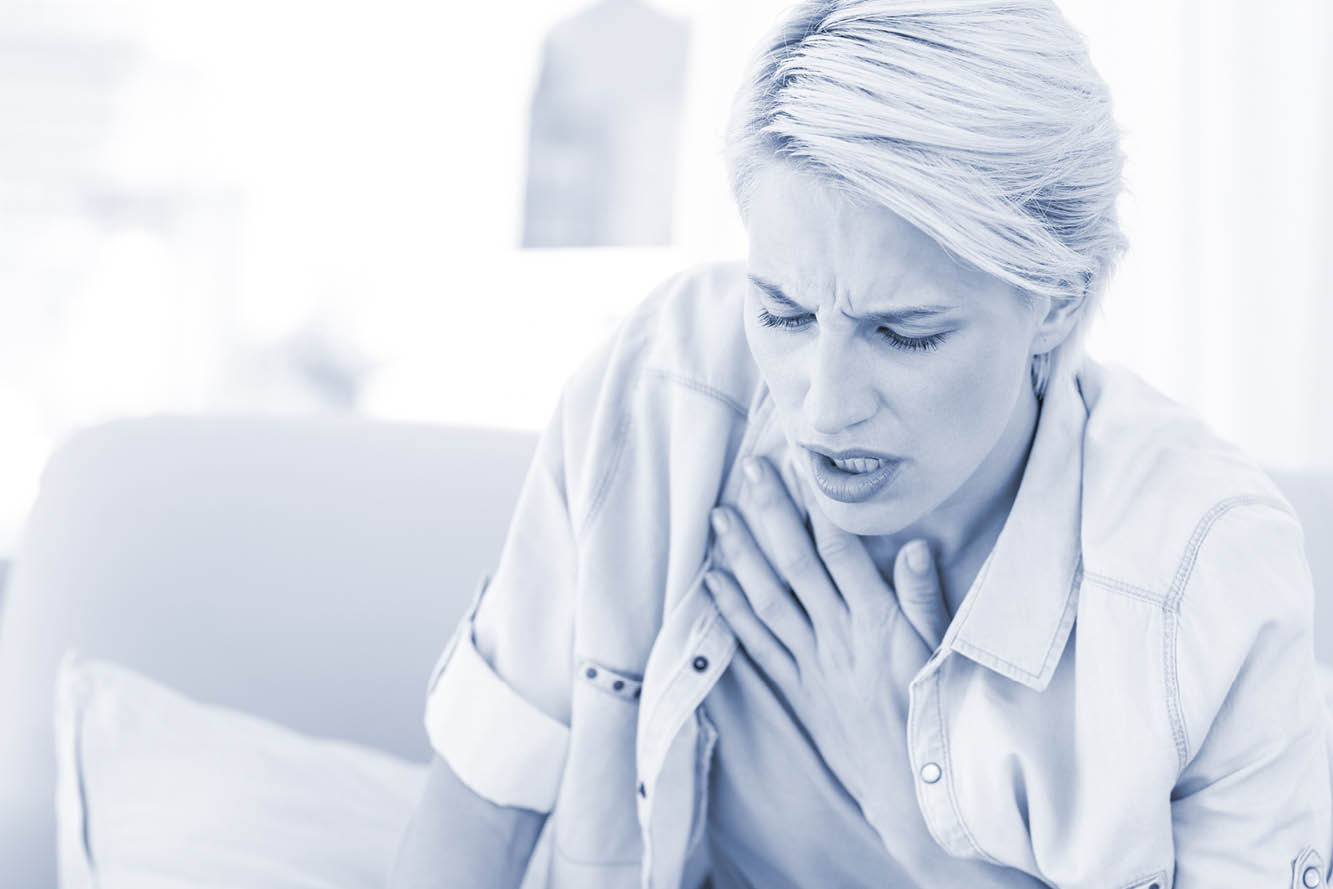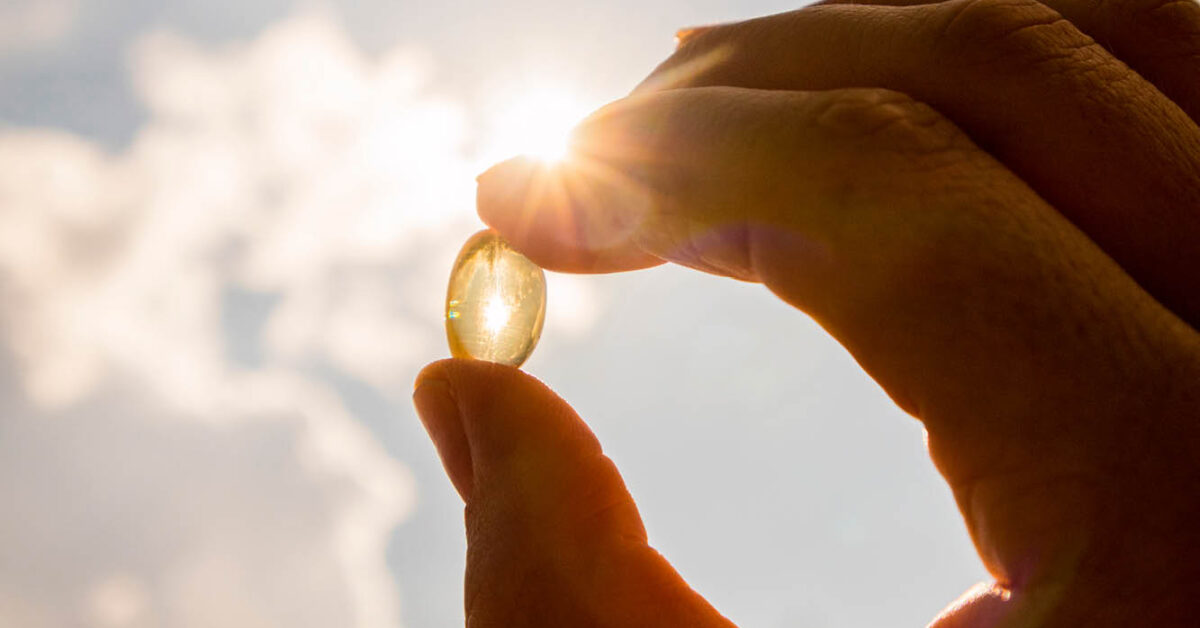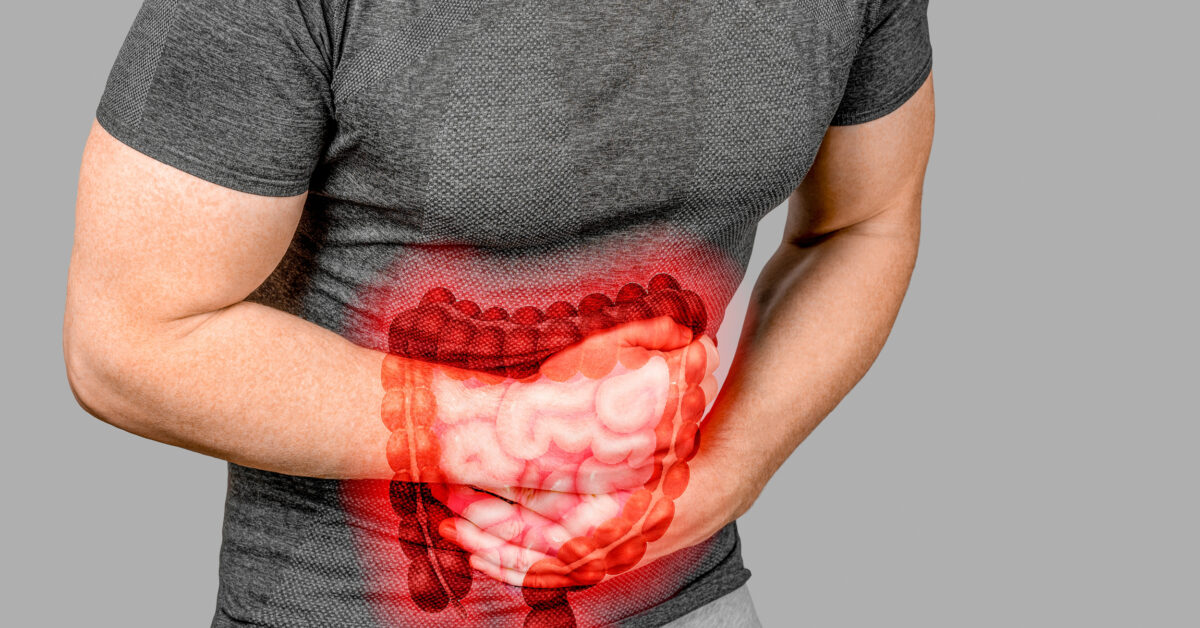
The Spirits Industry
February 2021
Short of Breath? Is it COVID-19 or Something Else?
March 2021by Christine Fisher
Taking adequate amounts of vitamin D could help your body stay healthy and fight respiratory infections, including COVID-19.
Research between this ordinary vitamin and the pandemic is ongoing, but many large-scale studies are showing a correlation between vitamin D deficiency and those who ended up being admitted to intensive care units, placed on ventilators, or dying from complications with COVID-19.
“It appears there is enough evidence to say that adding vitamin D to your daily routine is a good idea, especially during this time when the pandemic is not under control,” says Dr. Kelly Fuqua, family medicine physician with Calcasieu Family Physicians of West Calcasieu Cameron Hospital. “Studies support the notion that vitamin D might be protective against COVID-19. complications.”
Clearly, vitamin D does not prevent COVID-19. More research is needed to identify the exact significance between it and the virus.
U.S. researchers evaluated blood samples from 235 patients admitted to hospitals with COVID-19 and then followed them to see how they fared. Patients who had adequate vitamin D levels were less likely to become unconscious or die from COVID-19. Currently, researchers from Queen Mary University of London are launching a six-month study involving 5,000 people to see if high-dose vitamin D can reduce winter respiratory infections, including COVID-19.
In a study of almost 200,000 COVID-19 positive patients, physicians with Boston University found that vitamin D deficiency increased risk of acquiring the disease by 54.5 percent. It was observed in all 50 states and for all ethnicities. In another smaller study, physicians observed that COVID-19 patients who had adequate vitamin D levels had a 51.5 percent lower risk of dying from the disease and a significantly reduced risk for complications.
“Science shows that healthy blood levels of vitamin D may give a survival advantage by helping people with COVID-19 avoid a cytokine storm, when the immune system overreacts and begins attacking the body’s own cells and tissues,” explains Dr. Fuqua. “Most of us feel that anything safe that we can do to support our own immune system is worth looking into.”
Pre-pandemic research indicated that when people had a healthy level of vitamin D in their systems, they had a reduced risk for respiratory infections. Scientists looked back at the 1918 influenza pandemic and found that patients with healthy vitamin D levels were less likely to die. “Vitamin D makes the immune cells less inflammatory,” says Dr. Fuqua.
While it seems vitamin D is helpful in keeping COVID-19 from becoming severe, it’s not yet known if restoring vitamin D to normal levels is helpful as a treatment.
The recommended dietary allowance of vitamin D is 600 – 800 IU/daily, “but given the pandemic we’re living through, a supplement containing 1,000 – 2,000 IU/daily of vitamin D would be reasonable,” says Dr. Fuqua. Toxicity occurs with doses of 50,000 to 60,000 IUs daily.
Vitamin D is contained in these foods:
- Salmon
- Egg Yolks
- Shrimp
- Fortified Milk
- Orange Juice
It is also manufactured naturally by the skin upon contact with sunlight, but it’s difficult to get enough simply from the sun and nutrition, so physicians often recommend taking vitamin D supplements. Research is ongoing, but physicians already know there is much evidence showing that a healthy amount of vitamin D regulates the immune system promoting optimum health. All in all, vitamin D could offer a simple and cost-effective way to reduce the risk of getting respiratory infections, including COVID-19.






